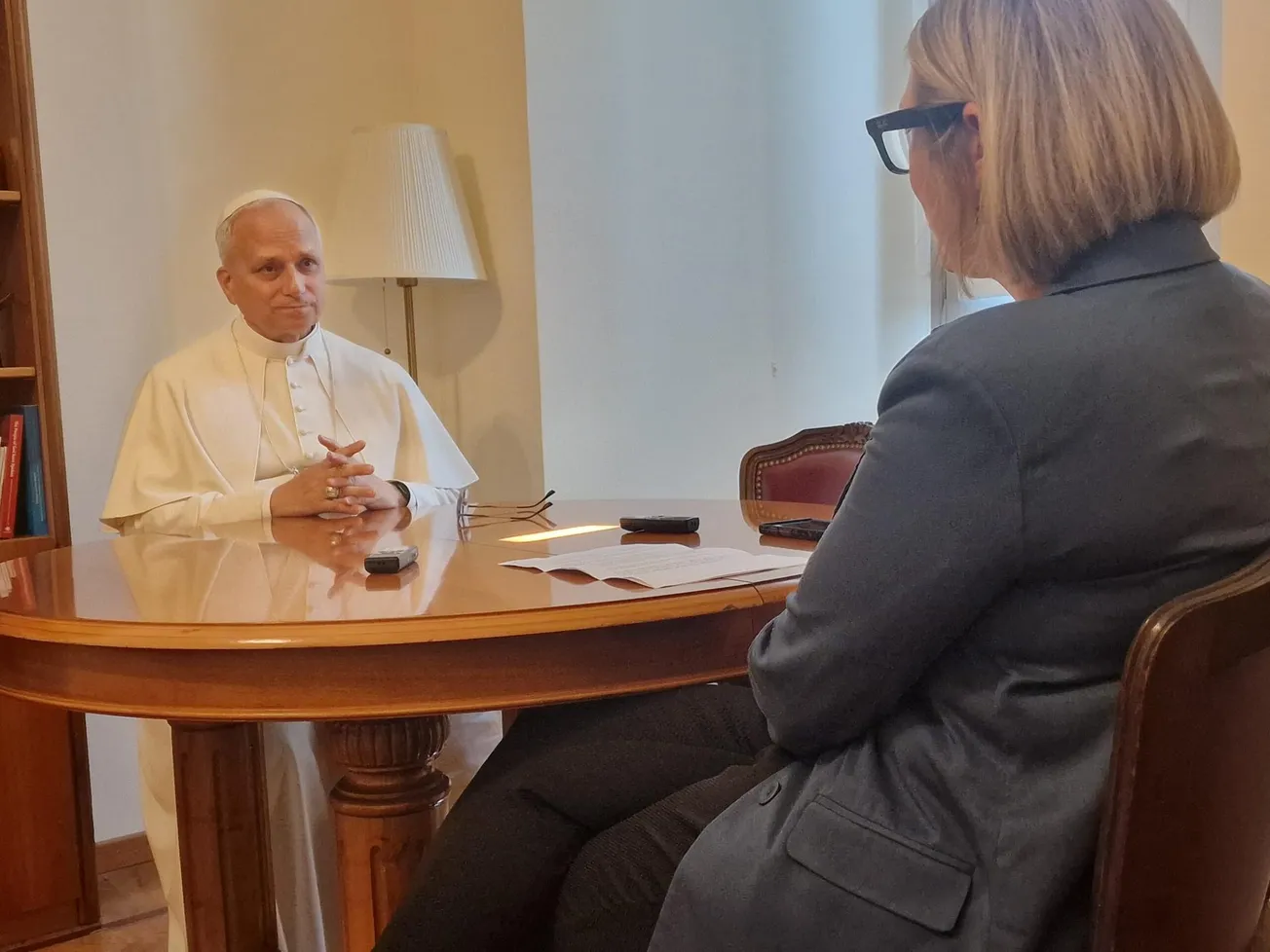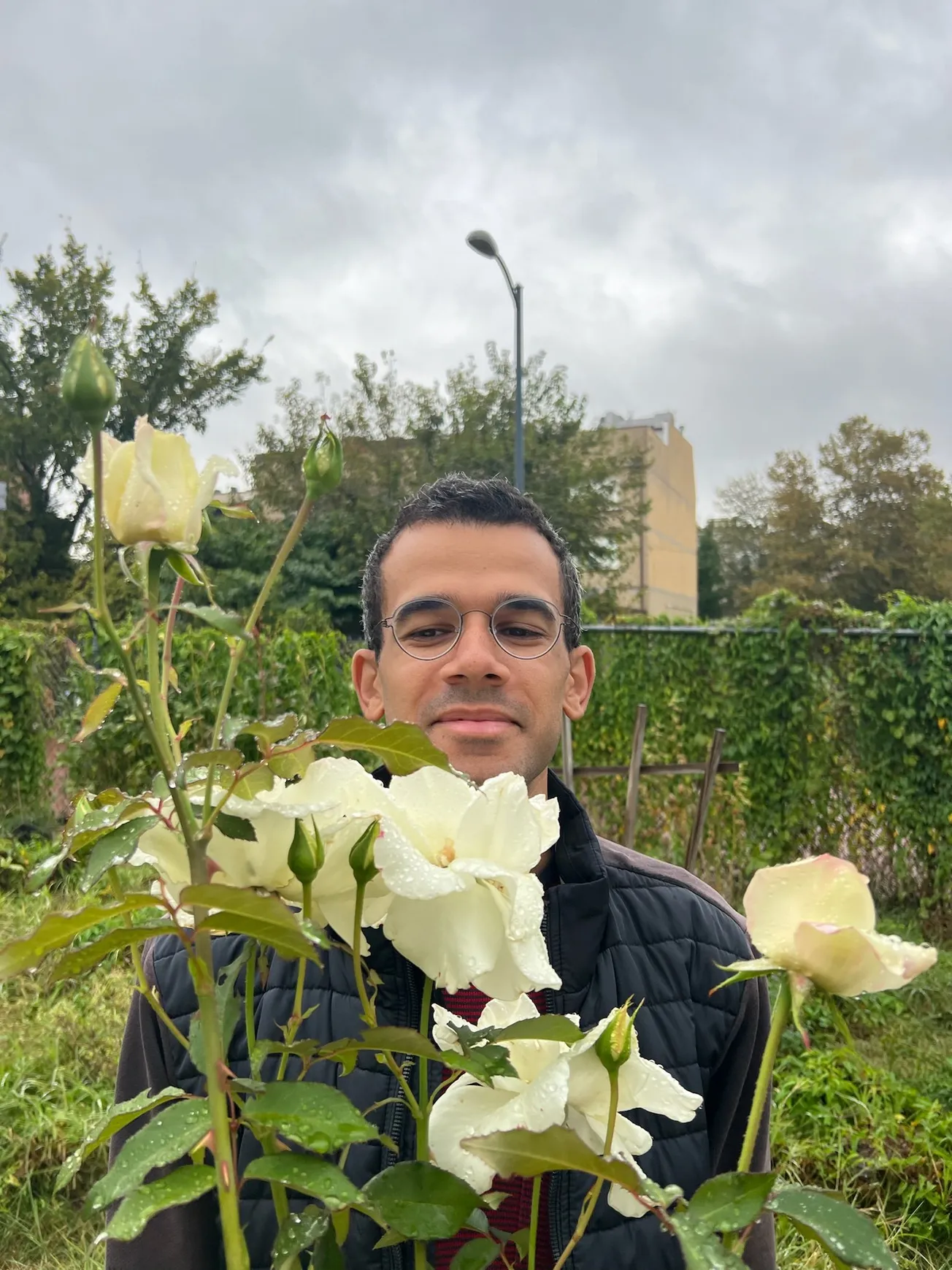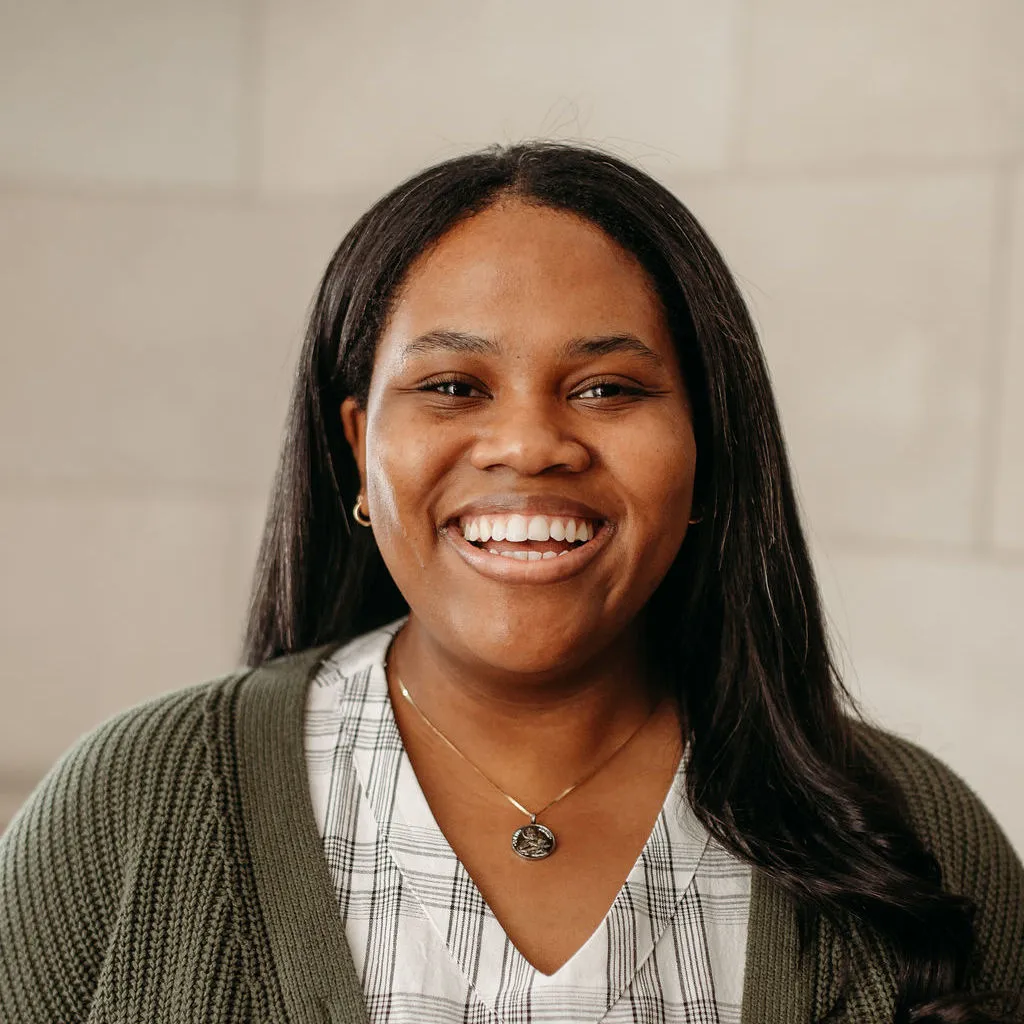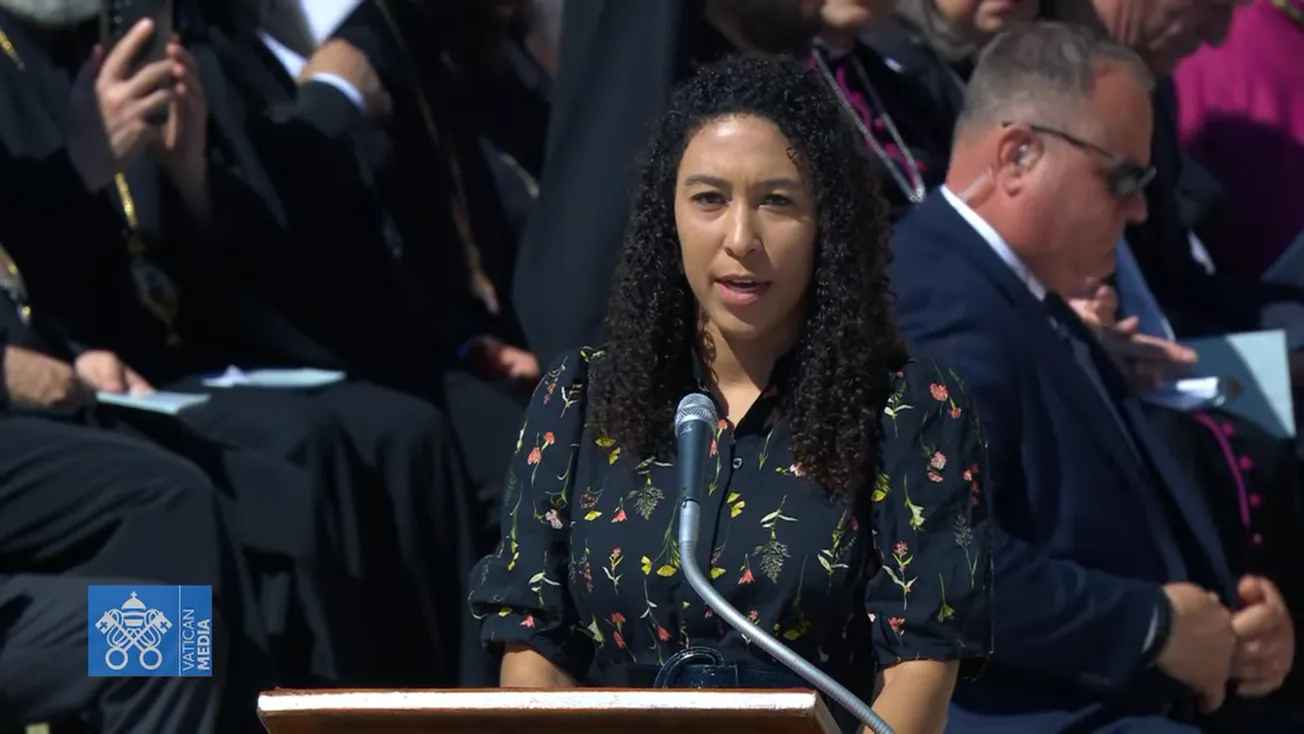Recently the Louisiana State University system made a progression in the state’s racially divided education history. In early May, the LSU board of supervisors chose University of South Carolina provost William “Bill” Tate IV as its new president.
He will relieve Thomas C. Gaglligan Jr., who has been serving the role as an interim since the start of the year. Tate will be the first Black president in the history of LSU and of the Southeastern Conference (SEC).
This is precisely the kind of change that the Tureaud family, NAACP and civil rights legends, fought for.
The year was 1953. A. P. Tureaud Jr., son of the legendary Black Catholic lawyer A. P. Sr., had recently graduated from Joseph S. Clark High School. He was a native of New Orleans’ Seventh Ward, home to a rich culture of music, education, and arts.
His archbishop, Joseph Rummel, was working at the time to desegregate the region’s parishes and Catholic schools—and not without controversy. Tureaud Jr., however, was by then accustomed to public schools.
“I applied to LSU,” Tureaud Jr. told BCM this month.
“I was rejected at that time. Similar to most other southern White state universities, they did not accept Black students.”
At the time, the most landmark cases on the topic had been Missouri ex rel. Gaines v. Canada (1938), and before that, Plessy v. Ferguson (1896). Neither was successful in ending segregation.
“There were Black graduate students at LSU, but no undergraduate,” Tureaud Jr. said.
“Southern state universities did not have many Black graduate programs. The fight to keep undergraduates out was in some ways the last.”
There was also, of course, the issue of HBCUs. Most of these had been set up to educate Black students during the height of Jim Crow, and many White legislators were intent to keep them there and nowhere else.
“When I applied to LSU in 1953, they sent me a letter indicating that I was not allowed to attend there because I was a person of color and that there were two state schools in Louisiana that were set up to educate Black citizens,” Tureaud Jr. recalled.
“One was Southern University and the other Grambling.”
By then, a young(ish) Thurgood Marshall and his staff had started suing graduate schools in many southern states to get Blacks in. Tureaud Jr.’s father worked with him on the NAACP Legal Defense Fund.
Tureaud Sr. would also file the suit for his son to attend LSU.
“College was a very important milestone in my life. I wanted to go there and find my career, develop and be a part of the university experience,” Jr. said.
He added, however, that things did not turn out as planned.
“The experience that I had was quite depressing and it was very off-putting. No one spoke to me.”
Soon enough, due to a legal technicality, he was forced to withdraw.
“After 55 days, there was a mistrial,” he said.
“I was happy to leave because I didn't know that I could be successful in that type of environment—without any support, without any acknowledgment that I was a student and their support to teach me whether they liked it or not.”
His dismissal was appealed by his father, and the U.S. Supreme Court allowed him to return until his case was decided by a three-judge court. Due to the extreme prejudice and isolation experienced by Tureaud Jr., however, he refused to return and instead entered Xavier University of Louisiana, from which he graduated in 1957.
“I enrolled immediately at the university,” he said, “and I had a wonderful experience there.”
The following Spring he received a master's degree from Columbia University in rehabilitation counseling.
Tureaud Jr.’s memories of LSU are ones that make him happy he left his home state after undergraduate studies. When reminiscing, he realizes the want for segregation.
“My experience was quite dramatic at LSU,” he said, perhaps a major understatement.
“It took about 10 years before any sizable number of Black students enrolled.”
In May 2011, he was awarded an honorary doctorate from the university that was once so eager to bar him.
What’s more, his book, “A More Noble Cause” (co-authored with Dr. Rachel Emanuel), was published by LSU Press that same year. It chronicles the documentation of the civil rights struggle in Louisiana.
He is currently a freelance educational consultant, artist, and public speaker and—fancy that—an active member of the LSU Black alumni group.
Quite the turnaround, to say the least.
Full interview
PBS vignette
Harlan McCarthy is Miami metro-born and a St. Louis native. He is also an alumnus of Cardinal Ritter College Prep and currently a rising senior at St. John's University (NYC).
Want to donate? (You have options.)













